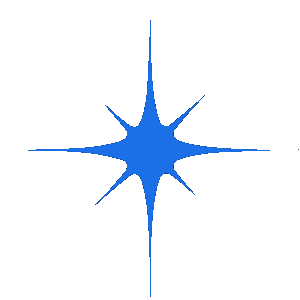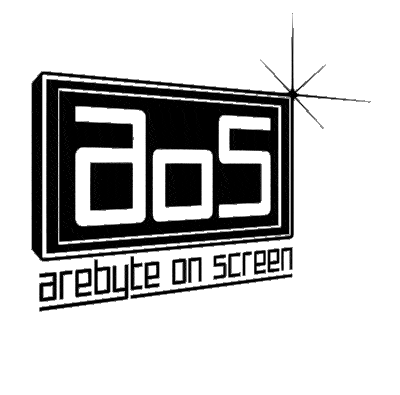
Rosa Menkman discusses the themes and ideas present within RGBFAQ, Alan’s Warburton’s exhibition at arebyte.
RGBFAQ ran from 17 October 2020 – 30 May 2021. It was part of arebyte’s 2020 programme systems.
RGBFAQ comprises a research-led experiential exhibition in which the audience navigates a “black-box” set populated by gigantic geometric sculptures. Warburton’s ambitious new video essay will be projection mapped onto this sculptural background, expanding the form of his popular video essays (Goodbye Uncanny Valley, Fairytales of Motion) into an immersive 3D space, with a soundtrack by David Kamp.
This post-photographic origin story bridges x-rays and z-buffers, radar and Pixar, video games and machine learning, concluding with insights into how synthetic data is changing the nature of vision forever. Informed by the latest development in machine learning and computer graphics, as well as Warburton’s ten years working in animation, RGBFAQ puts viewers inside software, and inside software history.
“My process is like a comedian developing a set, but without the laughs,” says Warburton, who describes this spatial video essay as “a cross between a software tutorial and a ghost train ride that channels an episode of late 80s Tomorrow’s World”
Alan Warburton’s work was most recently seen at Somerset House, where he was an artist in residence until 2019. As part of 24/7, which explored the non-stop nature of modern life, he presented a series of 3D-scanned self-portraits depicting his worktime naps in a visual effects studio in Beijing. Since then, RGBFAQ has been developed as part of Warburton’s PhD at Birkbeck, and has been workshopped around the world (Fiber Festival, Mutek Montreal, Carnegie Mellon, the Victoria and Albert Museum, The Architectural Association and the ICA).
RGBFAQ was Alan Warburton’s first UK solo exhibition.
Rosa Menkman is a Dutch art theorist, curator, and visual artist specialising in glitch art and resolution theory. She investigates video compression, feedback, and glitches, using her exploration to generate art works.
Menkman’s The Collapse of PAL (2011), in which she acknowledges the end of PAL (Phase Alternating Line)—an analogue video programming structure is the digital version of a live audio visual performance first performed on national Danish television and afterward realized at oa. Transmediale (Germany) and Nova festival (Brasil)
Menkman has curated several international exhibitions of other artists’ work. In 2019 Menkman won the Collide International Barcelona Award from CERN.

